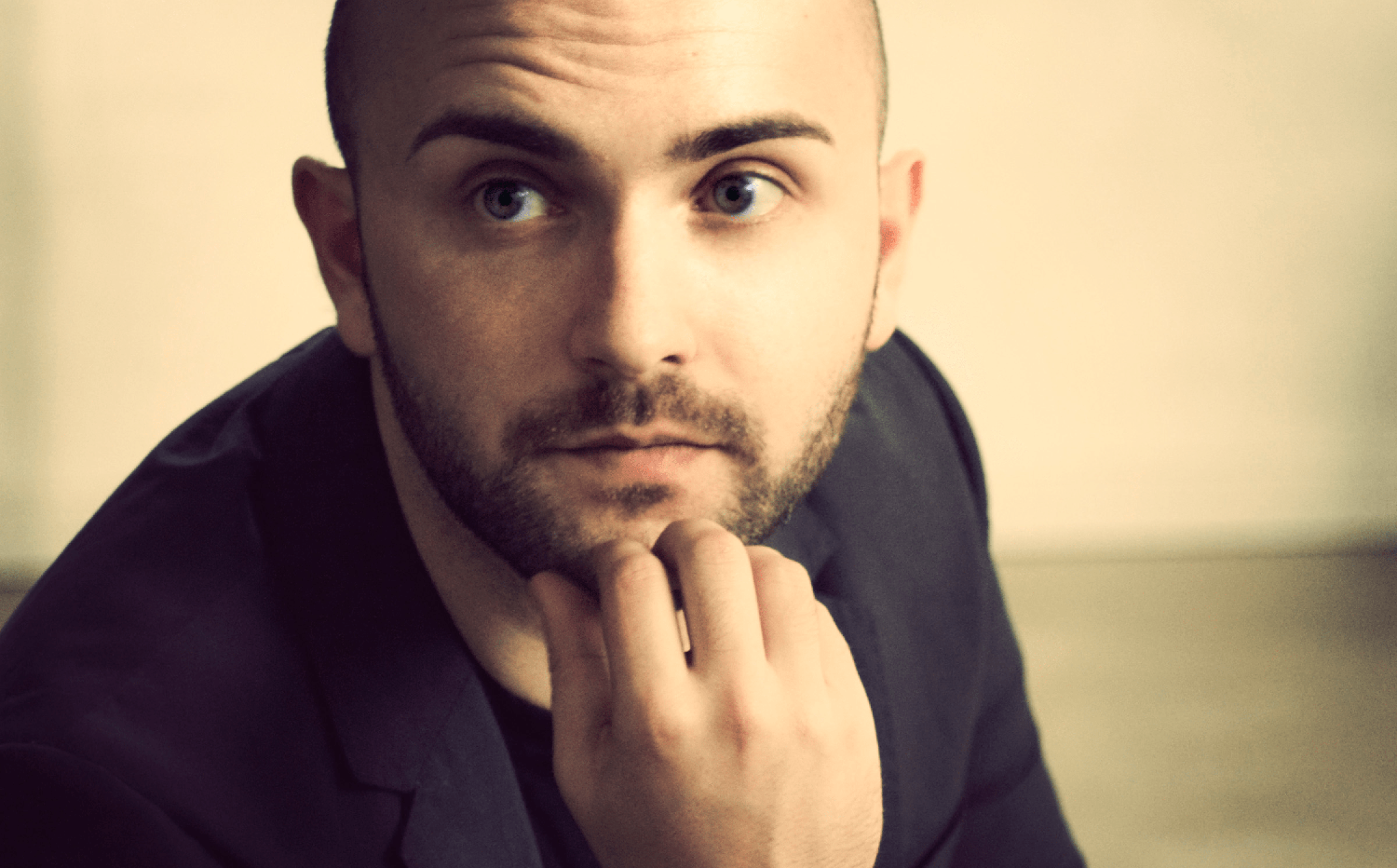Font, a CEU graduate in Audiovisual Communication and the director of the film Xmile, is to appear before the Upper Chamber’s Culture Commission on Monday to present his conclusions after directing a short film adapted for the five senses, which is also the focus of research by the CEU UCH’s GIDYC group.

He’s off to Madrid on Monday: twenty-seven senators will be waiting for him. He’ll be appearing for half an hour in front of the Culture Commission of Spain’s Senate.On his own, at four o’clock. Miguel Ángel Font, a young film director and CEU UCH graduate in Audiovisual Communication, will present the conclusions he has reached after making Xmile, a short film accessible to all via the five senses: you can watch it and listen to it, but also smell it, taste it and touch it. It is a film designed to be experienced right across the sensory range. The CEU UCH’s GIDYC group (the Disability and Communication Research Group) is already researching his film. Now he has to win over the politicians.
Twenty-seven senators want to hear about your innovative approach to audiovisual accessibility. What are you going to tell them?
I’d like to tell them about the process I followed to make Xmile, which was thought up, right from the beginning, to be a short film which would be accessible to anyone, regardless of their sensory capabilities.And, most especially, I’d like to show them that the tools and systems needed to make films accessible (subtitling, audio description and sign language, mainly) already exist and are inexpensive, and so that what we need to do is to encourage or even to force the industry to include these options in all their productions.
What do you think the Senate can do about this?
I think that institutions like the Senatecan use things like the awarding of grants, incentives, support and awareness-raising activities to reward those film-makers who make accessibility a fundamental part of their productions. At the moment, content is made accessible in post-production and this makes everything more difficult. The thing is that because the production was made without taking these tools into account, the final result is less authentic and of a poorer quality. We need to use the right workflow. Take audio description, for example: right now, that’s done once the film has already been completed and without the help of the scriptwriter or the director. If that was included as part of the project from the very beginning, then the final result would be a superior reflection of the original creative vision, enabling it to be conveyed more faithfully to those members of the audience with these sensory needs.
What do you take away from your experience on Xmile as a film director?
Xmile has made me realize that thinking about all forms of communication for different sensory needs and doing this from the beginning of the project enriches the project itself and makes it better. I think it’s important to transmit this conclusion that I’ve drawn from Xmile to the Senate and then to make a proposal to them on this basis.
What would you like to propose? Can you give us a sneak preview?
Amongst other things, I’d like to propose to the Senate’s Culture Commission that accessibility should be a determining factor for grants for audiovisual projects. So, just as, for example, scripts in which there is equality between men and women score more highly, then projects with adaptations made to include people with diverse sensory capabilitiesshould also be treated in the same way, as happens in some other countries, such as the USA and Brazil. If we can all enjoy audiovisual content together, then that improves the communicative experience as it reaches out to people more. It brings new audiences for the audiovisual industry and that’s something that hasn’t been properly taken into account until now.
What’s the next step?
The CEU UCH’s GIDYC research groupwill soon complete its research into the results obtained from the multisensory screenings of Xmile before more than 200 audience members, some of whom have sensory disabilities such as blindness, deafness and deaf-blindness. This research group – led by the Josep Solves, a CEU lecturer on both the journalism and Audiovisual Communicationdegrees– wants to use Xmile to assess the effects on the viewer of incorporating the five senses into a screening and of integrating audio-description and subtitling into the creative process, under the supervision of the film-makers. This research seeks to determine the influence on viewers of the accessibility resources used as part of the short film, especially audio-description and the use of smells. We’ll have the conclusions soon.
Think about the immediate future, good luck on Monday, Miguel Ángel!
The GIDYC’s research on Xmile, by Miguel Ángel Font, on Spanish national radio:
Reports on the La 2 TV news bulletin and on the “En lengua de signos” programme.












